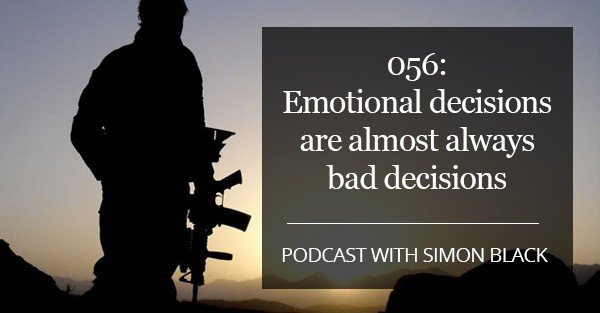I want to tell you about a time when I was really scared. Terrified.
It was back in 2003, right as George W. Bush made his final decision to send the ‘coalition of the willing’ north into Iraq.
Saddam Hussein knew he was finished. And, in a fit of desperation, he started launching loads of Scud tactical ballistic missiles towards the invading forces.
Missile attacks are pretty scary. You can’t hide behind a rock and duck the blast. And, at least as an individual, you can’t shoot back.
I distinctly remember being outside as the missile alarms were going off, looking up into the sky, and thinking, “Well I hope I don’t die.”
I’m not going to tell any tough guy stories– I was afraid. And given that there was nothing I could do, I felt totally helpless.
It’s that feeling of helplessness that is the closest thing I can tap into in my own experience for the horror and tragedy of a terror attack.
And I know my own experiences don’t begin to compare– we were in a warzone and knew the risks.
With a terror attack, one minute you’re enjoying dinner, the next minute it’s blood and death and chaos. It’s levels beyond anything I’d ever experienced.
And in a situation like that, the desire for revenge is understandable. Emotion is palatable. People want action. They want their governments to DO SOMETHING.
And sure, it’s very comforting to think that we could just send the military over to kick everyone’s ass and bomb the terrorists back into the Stone Age.
But I hope we can agree that most decisions that we make when we’re emotional don’t tend to work out very well. Emotional decisions are usually bad decisions.
They make us feel better, but they seldom deliver positive long-term outcomes.
Right now everyone wants to feel better. The world is on war footing, and few people want to think rationally. This is understandable.
But when people’s lives and livelihoods are on the line, the situation absolutely demands clear, level-headed thinking. After all, actions have consequences. And it’s imperative to make important decisions in full light of the consequences.
I discuss these consequences in today’s podcast, along with some astonishing facts and history that you have probably never heard before.
Given how uncomfortable and emotional the topic, this might have been the most difficult one that I’ve ever had to record. Take a listen here.









